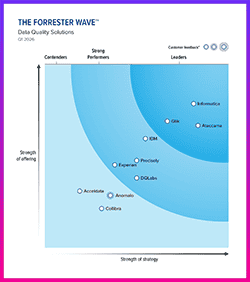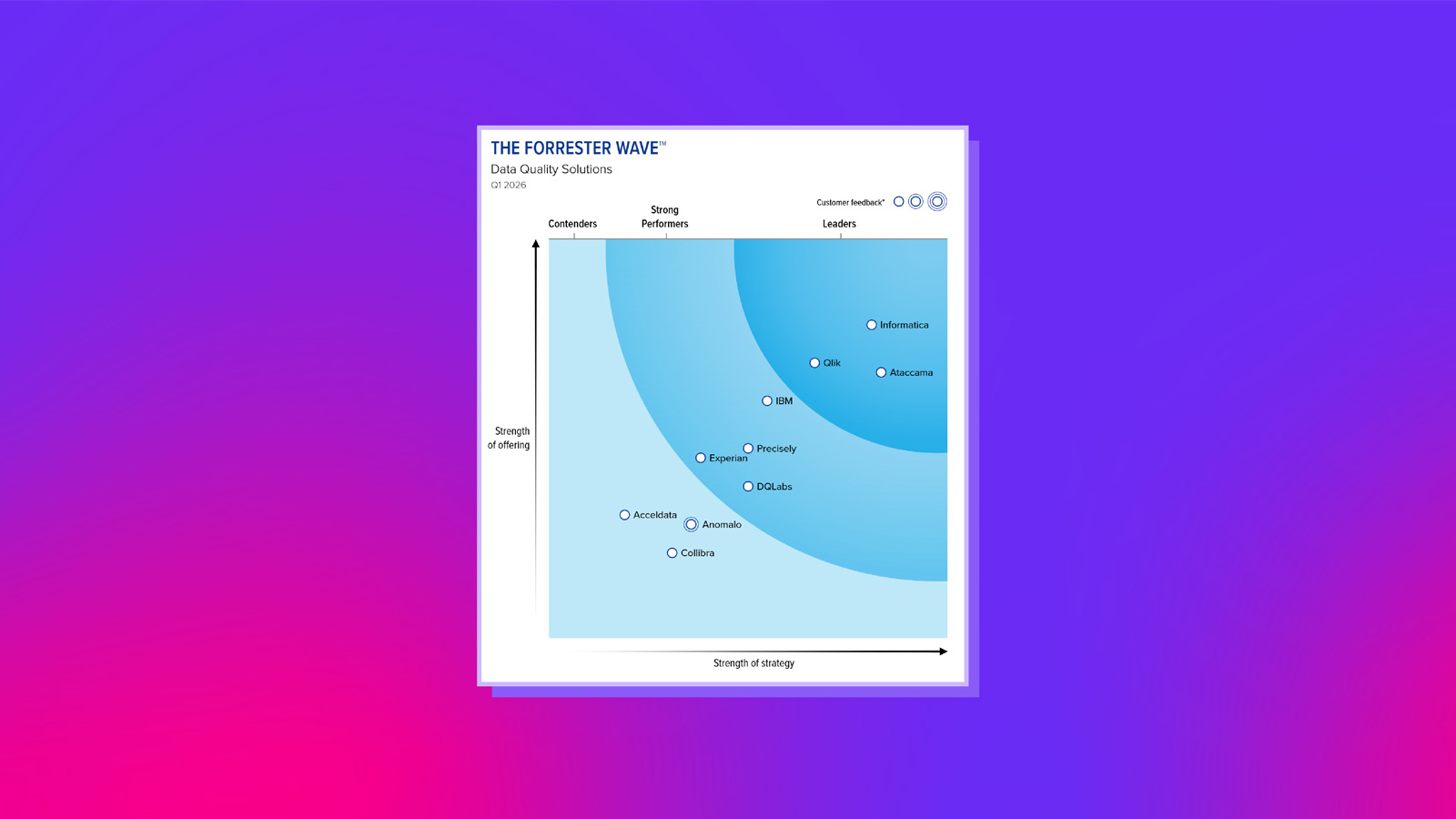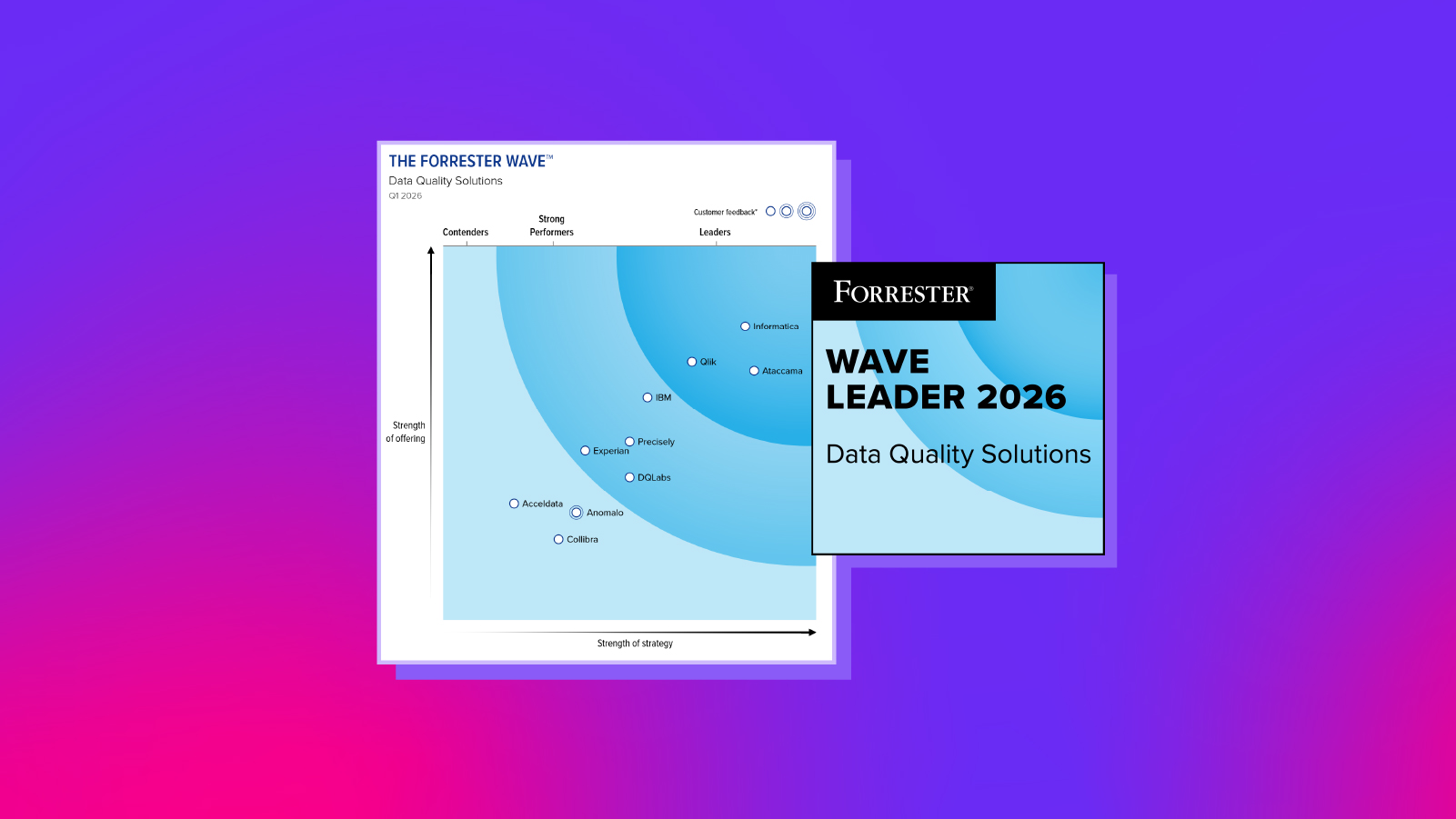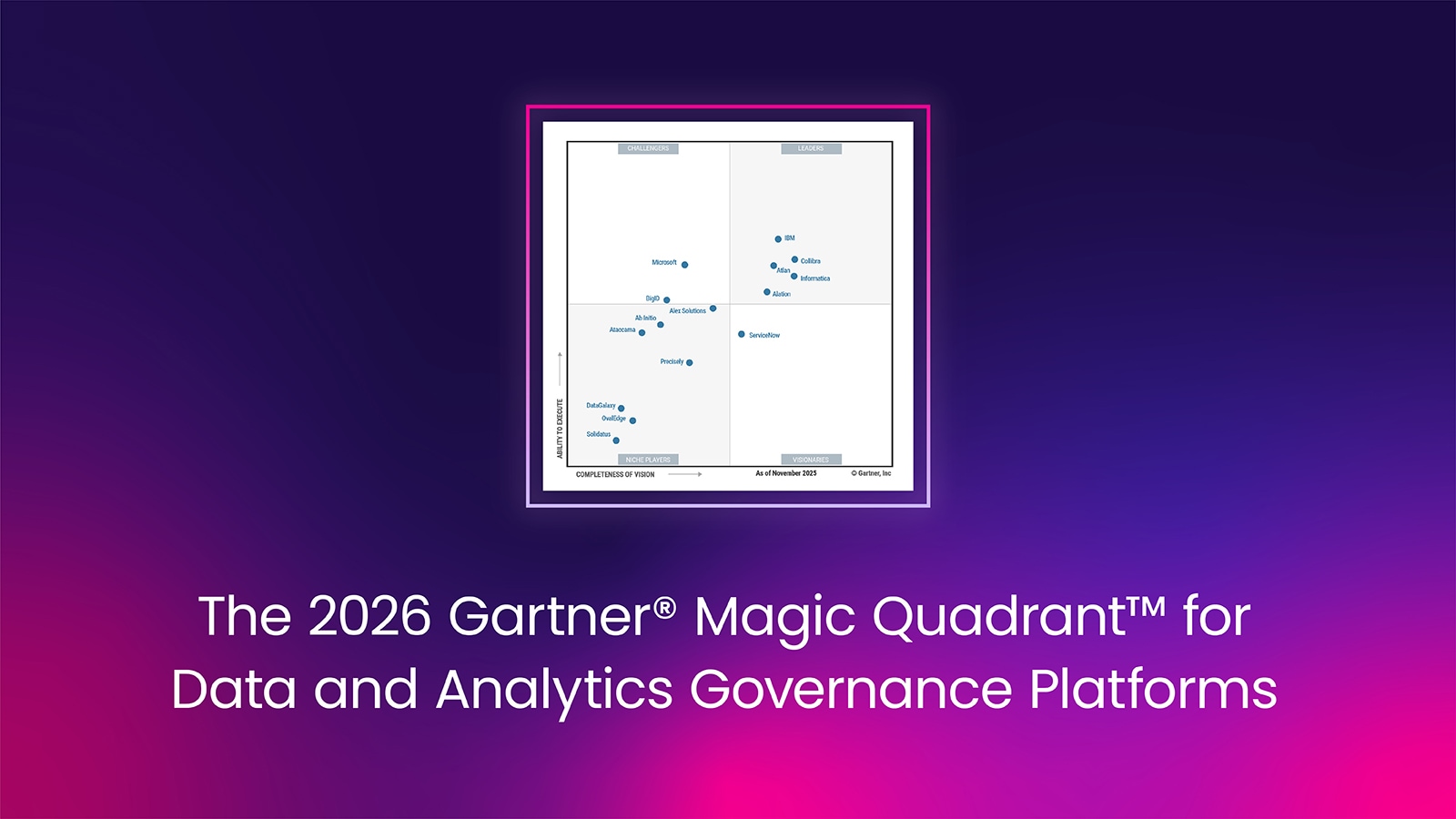Data trust: why it matters and how to achieve it

In today’s data-driven world, businesses are leaning more than ever on data to guide their decisions. But here’s the catch—if that data isn’t reliable, it can lead to serious problems. From compliance issues and poor AI predictions to operational inefficiencies, the risks are high. That’s where data trust becomes crucial. It’s about ensuring the data you’re using is accurate, consistent, and secure so you can make confident decisions every time.
But what exactly does data trust mean, and why should it matter to your organization? Let’s dive in and break it down. We’ll explore the fundamentals of data trust, the importance of building a reliable data foundation, and how to achieve it.
What is data trust?
Data trust is all about having confidence that the data you’re using is accurate, consistent, complete, and secure. It’s knowing that the data your business depends on is reliable and will help you make the right decisions.
Data trust is closely tied to two key things: data governance and data quality. Good governance ensures that your data is properly managed, while strong quality means the data is free of errors or inconsistencies. Without both, data trust can fall apart, leaving your business open to bad decisions and even compliance problems.
Why does data trust matter?
Business driver | What can go wrong with untrusted data | Impact |
|---|---|---|
| AI & decision‑making | Biased or incomplete training sets | Inaccurate predictions, misguided strategies |
| Regulatory compliance | Inability to prove data provenance | Fines (GDPR, CCPA, HIPAA), reputational damage |
| Operational efficiency | Duplicate records and data silos | Wasted effort, higher costs, lost opportunities |
You might be wondering, why is data trust so critical? Let’s break it down:
1. AI & decision-making
In the world of artificial intelligence, data is what drives everything. If the data for your AI models is off or incomplete, the predictions and recommendations will be just as unreliable. To get accurate insights, you need data you can trust. Without it, poor data trust can lead to bad decisions that can throw your business off track.
2. Regulatory compliance
Data regulations like GDPR, CCPA, and HIPAA aren’t going anywhere. These rules require businesses to have full control over their data and to be transparent about how they collect, store, and use it. If your data isn’t trusted, you can fall out of compliance, which could mean hefty fines and a serious hit to your reputation.
3. Operational efficiency
When your data isn’t reliable, it creates a ripple effect of inefficiencies. Employees end up wasting time fixing errors and reconciling discrepancies, which leads to duplicated work, missed opportunities, and costly mistakes. But, by building data trust, businesses can streamline their operations and reduce wasted resources. It’s a win-win.
The 3 pillars of data trust
| Pillar | Goal | How Ataccama enables this |
|---|---|---|
| 1. Organise data | Create a single, governed view of all data assets. | Automated data catalog, shared business glossary, stewardship workflows |
| 2. Understand data | Make data transparent and observable. | Data profiling, continuous quality monitoring, data lineage & observability |
| 3. Improve data | Turn raw data into business‑ready assets. | Cleansing, standardisation, enrichment, golden‑record mastering |
Building data trust requires a deliberate and structured approach. Here’s a step-by-step guide on how Ataccama ONE helps organizations build and maintain data trust.
Step One: Organize Data
The first step in building data trust is simply getting your data organized. Ataccama ONE helps you do this by bringing order to the chaos—cataloging your data, defining who owns what, and making sure everything stays consistent across your systems. It’s the groundwork for strong governance and compliance, but also the first move toward getting real value from your data. With a centralized data catalog, you have a single place to find and manage all your data assets. A shared business glossary keeps everyone—technical teams and business users—on the same page with common definitions. Policies and workflows are automated, so you don’t have to chase down manual steps. And with built-in stewardship tools, you can assign clear responsibility for data quality, making accountability part of your everyday operations.
Step 2: Understand Data
Once you have your data organized, the next step is to truly understand it. Ataccama ONE makes it easy by giving you full visibility into where your data comes from, its quality, and how it’s changed over time. This helps you figure out if the data is trustworthy and ready for business use. With data profiling, you can dig into the structure and content of your data, spotting any weird patterns or inconsistencies. Plus, continuous monitoring keeps an eye on data quality, catching problems early with a mix of rule-based checks and AI-powered insights. Data observability shows you exactly how data is moving through your systems, so you can catch any pipeline issues before they cause bigger problems down the line. And with data lineage, you can track the full journey of your data—where it started, how it’s been transformed, and where it’s being used—giving your team all the context they need to make smarter decisions.
Step 3: Improve Data
The final step in building data trust is improving your data. Ataccama ONE helps organizations take their data quality to the next level by cleansing, standardizing, and enriching it, turning messy or inaccurate records into reliable, business-ready assets. The cleansing tools automatically find and fix errors, while standardization ensures that all your data follows the same format and terminology. Enrichment lets you bring in external data or extra context, making your records even more valuable. When issues are spotted, remediation workflows kick in to fix them on the spot. And for a more strategic approach, Ataccama’s mastering capabilities combine scattered records into one trusted source of truth for things like customers or products—helping you make better decisions, drive innovation, and achieve measurable results.
How do Ataccama features enable data trust?
Building data trust isn’t a one-off effort; it requires continuous attention to key areas. Here are the four features that make up a solid foundation of data trust:
1. Data quality
Like we mentioned earlier, data quality is all about making sure your data is accurate, complete, and consistent. If you don’t have that, any analysis or decision-making based on that data is shaky at best. Automated AI-based data quality tools can help catch any issues early, clean up the data, and fix things before they get out of hand.Learn more about data quality.
2. Data transparency & lineage
Data transparency refers to where your data comes from and how it’s being used. A big part of that is data lineage tracking, which lets you trace the journey of your data across different systems. This helps you feel more confident in the data’s integrity and makes it easier to spot potential issues before they cause problems. Learn more about data lineage.
3. Data governance & security
Data governance is the rulebook for how data is accessed, used, and managed within your organization. It’s crucial for controlling how data flows and making sure you stay compliant with regulations. With things like role-based access control (RBAC) and other security measures, you can protect sensitive data and make sure only the right people have access. Learn more about data governance.
4. AI-driven data observability
Data observability refers to tracking your data as it happens, in real-time. With AI-driven tools, businesses can spot anomalies before they interfere with decision-making. This kind of proactive monitoring helps build trust, making sure any data issues are caught and fixed fast. Learn more about data observability.
Final thoughts
Data trust isn’t just a buzzword—it’s a crucial part of running a successful business today. Without trust in your data, your decisions are risky, your compliance efforts are at stake, and your operations can suffer. By focusing on the three pillars of data trust—organize, understand, and improve—you can build a solid foundation that ensures your data is reliable and ready to drive smart decisions.
With tools like Ataccama ONE, achieving and maintaining data trust becomes much simpler. So, are you ready to build a data-driven organization you can trust? Learn more about Ataccama ONE and how it supports data trust.
David Lazar
David is the Head of Digital Marketing at Ataccama, bringing eight years of experience in the data industry, including his time at Instarea, a data monetization company within the Adastra Group. He holds an MSc. from the University of Glasgow and is passionate about technology and helping businesses unlock the full potential of their data.







